Farming with Heart
Rooted in family tradition while embracing innovation moving forward
“Family has always been at the heart of everything we do,” says Katrina Hobbs, Managing Director of Inglewood Farms, a pioneering Australian agricultural business rooted in tradition and branching boldly into the future. With a lineage steeped in a business model built on paddock-to-plate integration, Inglewood Farms exemplifies the modern evolution of family-owned enterprises. This operation is deeply personal, purpose-driven, and primed for a new generation of growth.
Horticultural heritage
The story of this family business begins decades ago, not in poultry sheds or feed mills but in greenhouses. Hobbs recalls growing up in a business her parents founded, Eden Farms, focused initially on horticulture. “My parents introduced the continental cucumber variety to Australia and pioneered that industry in greenhouse technology,” she explains, noting this milestone as a foundation for the family’s longstanding passion for innovation in agriculture.
Hobbs herself stepped into the business at 18, simultaneously training under seasoned managers and completing her university studies. From that early immersion, a collective journey of expansion, transition, and reinvention emerged. “Since that time, we’ve journeyed together on a business journey, pivoting and growing into other areas,” she says. “It’s been a really fun journey.”
Three generations strong
Today, Inglewood Farms is led by 3 generations and 11 family members who are actively involved across the business. That depth of familial engagement is rare in Australian business, and Hobbs views it as both a strength and a responsibility.
“The key to success has been respect for each other and maintaining authentic, genuine relationships,” Hobbs notes. “Each of us has different gifts, callings, and abilities, and recognizing that and releasing people to be who they’re meant to have been significant.”
This ethos of empowerment and adaptability has allowed the business to evolve in tune with its people. Sometimes, that means adjusting roles to fit passions and strengths; other times, it means embracing unexpected opportunities that align with their values and interests.
Vertical integration and organic innovation
While its roots are firmly planted in horticulture, the family group has matured into a multifaceted agricultural powerhouse—one that spans broadacre and organic grain farming, stockfeed manufacturing, and organic, free-range poultry production. What distinguishes the company in today’s market is not only the breadth of its operations but the deliberate way in which each sector connects with the next. This isn’t diversification for the sake of it—it’s a highly intentional model of vertical integration that reinforces both quality and sustainability from the ground up.
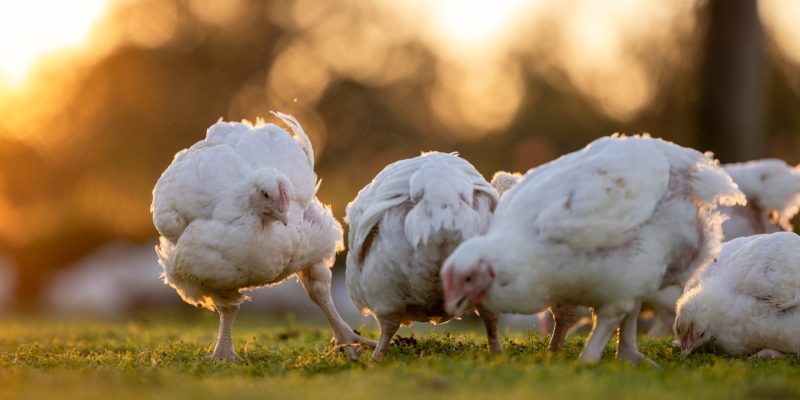
“Our businesses flow into each other,” Hobbs explains. “We have a rural focus and an interest in agricultural manufacturing. Over time, we introduced an organic stock feed mill, which then led us into poultry production.” It’s a natural evolution grounded in both passion and practicality. By aligning operations across the entire supply chain, the family has established a closed-loop system that provides more control over every stage of production—from the nutrients in the soil to the packaging that reaches consumers’ hands.
The journey from organic grain to poultry production wasn’t incidental. In developing the stockfeed operation, Inglewood Farms gained the capability to uphold organic standards at a granular level, thereby eliminating its reliance on third-party suppliers who may not align with its values. That same commitment to quality and traceability has extended into poultry, where the family oversees every detail of the process. From raising birds under certified organic conditions to processing them in their facilities and packaging them under their distinctive brand, the company delivers an authentic paddock-to-plate experience.
The horticultural side of the business follows the same principles. The associated business, Eden Farms, continues to grow its produce, leveraging decades of expertise in greenhouse technology while also managing packing and direct distribution to major supermarkets across Australia. It’s a model that not only ensures freshness and food safety but also supports greater transparency and traceability for customers seeking ethically produced goods.
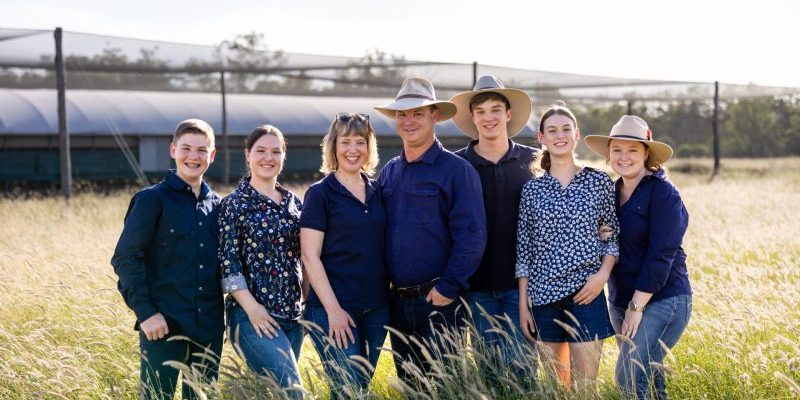
This holistic approach yields several benefits. Operationally, it allows the company to remain agile and responsive to market demands. Strategically, it fosters long-term sustainability by reducing reliance on external suppliers and increasing control over costs. Most importantly, it strengthens the relationship between producer and consumer—something Hobbs considers central to the company’s ethos. “We’re not just the farming side,” she says. “We’re in touch with the supply chain all the way through.”
Evolving with the market
Staying relevant in a rapidly changing food landscape means staying attuned to consumer trends. Hobbs is acutely aware of how preferences have shifted. “Back many years ago, people would buy whole chickens to roast. Now the shelves are full of cut pieces, value-added options, even ready-to-eat or frozen meals,” she explains.
This evolution is not limited to poultry. The horticulture division has seen similar shifts. “We’ve seen a significant increase in snacking produce, including mini cucumbers and tomatoes. We tried those years ago, but the market wasn’t ready. Now it is.”
By staying close to their products and even closer to their customers, Inglewood Farms and the family group has demonstrated remarkable foresight in adapting to their needs. “It’s about understanding demand and being prepared to pivot when the time is right.”
Loyalty and long-term partnerships
Behind Inglewood Farms’ success is a network of enduring relationships built on loyalty and trust. “Business is about relationships, and it always has been,” Hobbs states firmly.
She highlights their long-standing partnerships with transportation companies, seed suppliers, and suppliers of day-old chickens as examples. “We still use the same seed provider that we used when we imported five seeds from Holland to trial a new product,” Hobbs shares. “We’ve maintained those relationships while also being open to innovations.”
Perhaps most notably, the family business has maintained a direct supply relationship with major Australian supermarkets since 1985—a rare feat that speaks to both the consistency of their products and the integrity of their business dealings.
Hands-on leadership
With a workforce of around 200 employees across their group of companies, Hobbs credits the family-oriented culture as central to operational excellence. “We’re not top-heavy or steeped in inefficient corporate structures,” she says. “We’re connected. I was on the packing floor today, speaking with staff and gaining an understanding of operations at that level.”
That hands-on, humble approach is part of the company’s DNA—passed down from Hobbs’ parents. “My dad is still efficient and hands-on in his field. It’s the culture they built, and we’ve continued it.”
This close connection allows for nimble decision-making and real-time responsiveness. Managers are empowered, but leadership remains actively involved, ensuring authenticity is preserved at every level.
Investing in people, places, and purpose
Inglewood Farms views itself not only as a business within a community but also as a pillar of it. With sites across both rural towns and regional cities, the company embraces the opportunity to contribute meaningfully to local life.
“Wherever our business is positioned, we feel a level of responsibility,” Hobbs says. From sponsoring local kindergartens and sports teams to supporting chaplaincy committees and community shows, the company offers time, product, equipment, and funding to community initiatives. “Sometimes that means loaning a forklift for the local show or serving as a depot for battery drives to help fundraise for schools.”
One partnership particularly close to the heart is with Teen Challenge, a drug rehabilitation organization that manages lawn care at one of Inglewood’s factory sites. “It’s about giving opportunities and being an active community member,” Hobbs emphasizes. “That’s the privilege of being in rural Australia—we’re part of something.”

Scaling sustainably
Looking ahead, Hobbs is focused on refining their integrated structure to ensure efficiency and sustainability. “We’re moving towards a structure where vertical integration drives efficiencies in our business,” she says. “With increasing cost pressures—from insurance to bank finance to wages—streamlining operations has become more crucial than ever.”
At the same time, Inglewood Farms is exploring growth in its product range and sales strategies. “We see a next wave of opportunities that can propel us into the next level,” Hobbs shares. However, she’s quick to acknowledge that expansion requires significant energy and focus. “It takes a lot of work to build and improve product lines, but it’s worth it.”
As a family-owned business, Inglewood Farms has the agility to respond quickly, but it also faces the weight of external pressures without the buffer of a corporate safety net. That balancing act is something Hobbs manages with resolve and a forward-looking mindset.
Planting the future
Perhaps the most important legacy Hobbs is nurturing today is succession. “One thing I spend a lot of time thinking about is a good transition,” she says. That includes honoring the founders—like her parents—who still have valuable contributions to make while also empowering the next generation.
“We’ve just had two family members graduate high school, and both are pursuing paths within the business,” Hobbs says proudly. “We’re focused on training them, putting them in their sweet spot, and taking them on the journey.”
To Hobbs, the tragedy would be letting the next generation start from scratch. “We have over 43 years of experience and a wealth of resources at our disposal. They can start from a much higher place. Our role is to release them into that and guide them—so they avoid the mistakes we’ve already made and build something even more substantial.”
At a Glance
Who: Inglewood Farms
What: A leading producer of certified organic, free-range chicken, committed to sustainable and ethical farming practices that prioritize animal welfare and environmental stewardship.
Where: Queensland, Australia
Website: www.inglewoodfarms.com

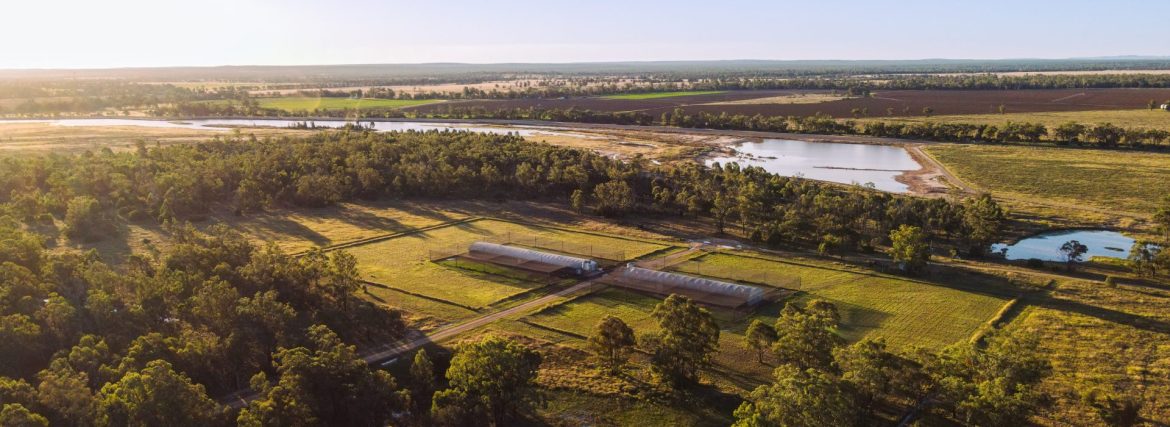
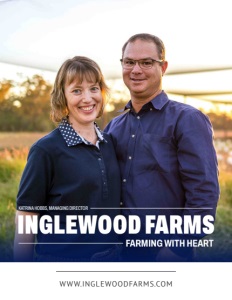
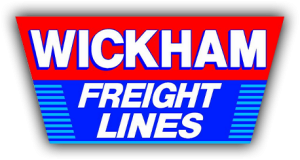
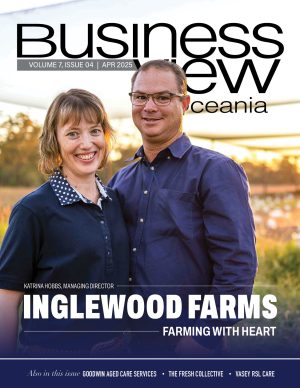
 This information will never be shared to third parties
This information will never be shared to third parties